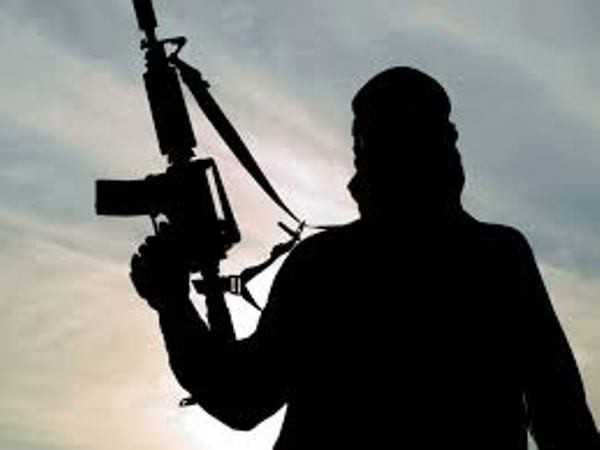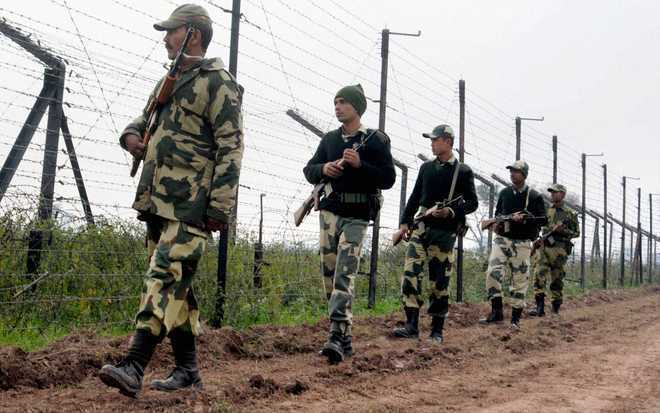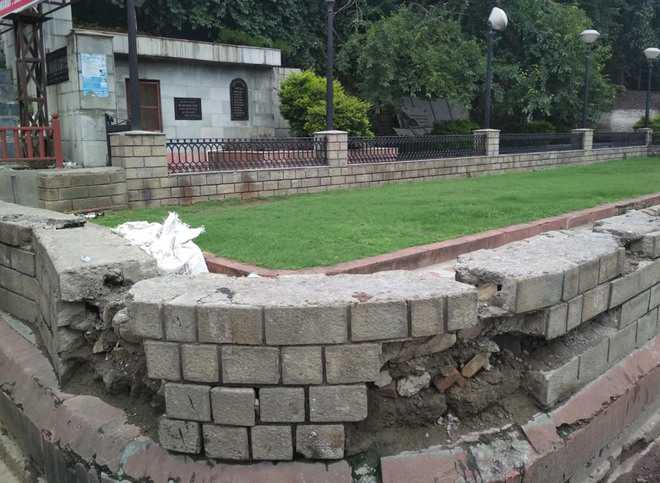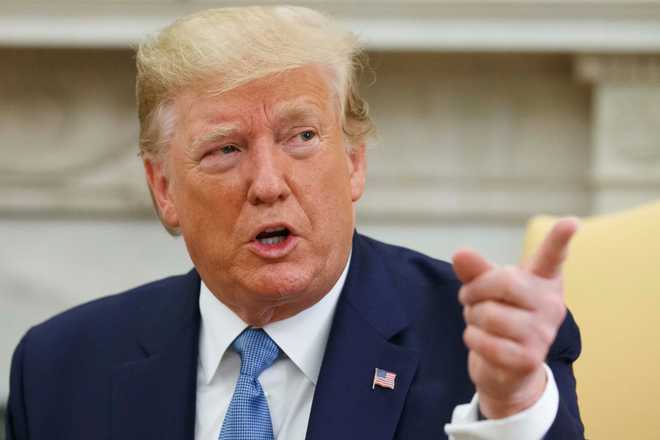Coffee Table Book on Rezang La Battle likely to be released on 18 Nov 2019 on the Rezang La Day. Foreword written by Brig Jatar, senior most living veteran who was deployed ay Mugger Hill as OIC B & D Coys on thay fateful night.
About The Author
Col NN Bhatia, popularly known as Nini Bhatia in the army was commissioned in 13 Kumaon (Rezang La) in mid 1963 and retired in Sept 1995 after 32 years of distinguished service. He is a diehard Kumaoni & written four books-Kumaoni Nostalgia, Industrial & Infrastructure Security in two volumes & biography of legendary Kumaoni mountaineer Col Narinder Kumar ‘Bull’ of the international fame-‘Soldier Mountaineer’. He is prolific writer & has been columnist with ‘Lahore Times’ & ‘Turkey Tribune’. He regularly contributes articles on matters military, national, industrial and infrastructure security and is a free lance industrial security consultant of national repute. He is deeply involved for the repatriation of 54 Indian prisoners of war (POWs) languishing in the Pakistani jails since 1971 war and welfare of retired soldiers in distress, ‘Veer Naris’ and their families. He can be contacted on narindrabhatia@hotmail.com and 9818044762.
About the Book
13 Kumaon became the first pure Ahir Battalion of the Kumaon Regiment prior to the 1962 Sino-Indian War. As there was no other Battalion with 100% Ahir composition, there were misgivings in some quarters. However, these were soon laid to rest when the Battalion faced its baptism of fire in Chushul in the 1962 Sino-Indian war and covered itself with glory. The gallant men of C Company of the Battalion under their redoubtable Company Commander, Late Major Shaitan Singh, PVC put up a fight at Rezang La, the like of which was never fought by any Unit in the Indian Army in its entire history and the nearest example perhaps could be ‘The Battle of Saragarhi’- both depicting bitterest irony of life that the greatest acts of the chivalry, bravery and sacrifice occur against the heaviest odds. Out of the 124 brave hearts, 120 were martyred pitched against overwhelming 4000-5000 Chinese hordes having superior weapons and logistic support!
Since 1962 Sino- Indian War has not been de-classified, many authors have written articles and books on the ‘Battle of Rezang La’ but most of these are factually incorrect and lack firsthand knowledge of the troops, the terrain and the conduct of the Battle. Col Bhatia was commissioned in 13 Kumaon located at Darbuk half way between Leh and Chushul after the Rezang La. He visited Chushul on the first anniversary of the Rezang La Battle and interacted with the few war survivors with whom he served for many years. He had for years discussed the epic Battle with late Lt Gen DD Saklani, PVSM, AVSM who was the Adjutant of 13 Kumaon during the war and Maj (later Brig) Raghunath V Jatar (Retd) who was deployed at Mugger Hill on that fateful night. He had access to the Battalion’s War Diary and rare photographs, maps and sketches of that period. According to author, ‘I hope this book written ‘straight from the heart’ of the soldier within me, will motivate our armed forces, youth and posterity. Reading the book with somewhat the same emotions that run in me, would eventually bind you to my writings -leaving you humming ‘Bedu Pako Bara Massa’ or ‘Attarah November Basath Ko’ synergizing your enjoyment while unfolding soul stirring Macaulay’s inscription on the Chushul Memorial constructed to commemorate the 114 fallen martyrs who fought against heavy odds on 18 November 1962 in the Rezang La Battle, replicating remarkable story of a valiant last stand on 12 September 1897 at the Battle of Saragarhi that would reverberate around forever.
‘Will you stand with me?
Fight and die if need be?
Hold against the hordes until the last man falls?
Will you sacrifice all you have gained in life?
Reject your comfort for a greater end?
Stand together never waiver,
Brave in the face of overwhelming odds,
For our future and for freedom,
We unite in liberty, or death’.
From When Myth and History Merged with Mystery.
Matti Frost























































































































